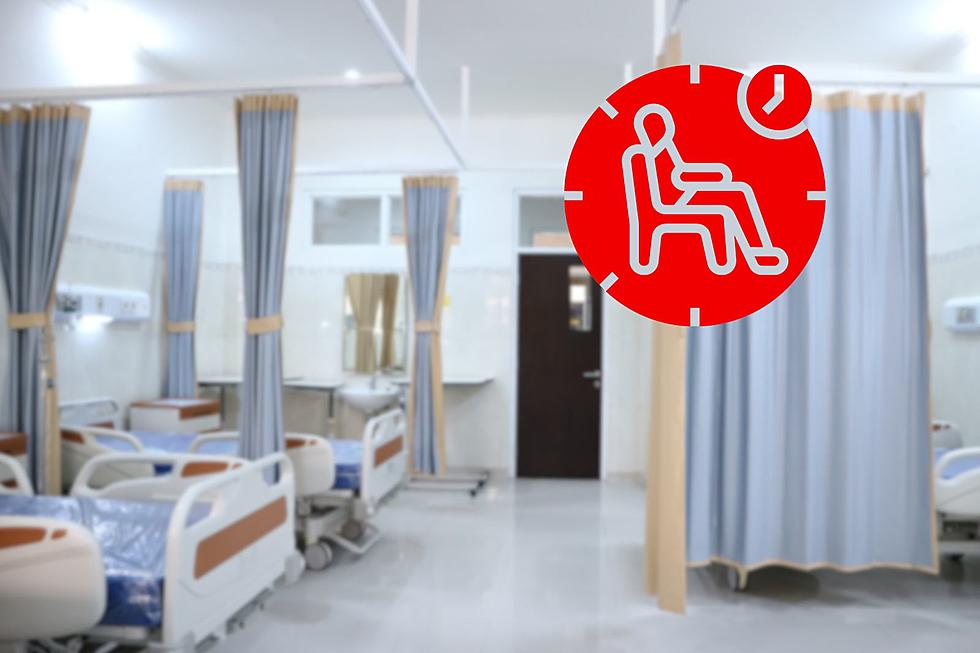
Not an organ donor? These NJ numbers may change your mind
A deep dive into organ donation trends in the Garden State highlights a supply and demand problem that directly correlates to more lives lost, and finds that disparities persist among races and ethnic groups.
While organ donations have increased in New Jersey by 323% since 1988, the number of organs available is still way short of the number of people waiting for life-saving transplants, according to a bulletin from the New Jersey Hospital Association's Center for Health Analytics, Research and Transformation (CHART).
According to the report, 906 kidneys, livers, hearts, lungs and pancreases were donated in New Jersey in 2021, following a significant decrease during the height of the COVID-19 scare.
"But we've got about 3,800 people from New Jersey who are on a waiting list for needed transplants," said Sean Hopkins, senior vice president for CHART.
Since 1988, the report finds, both organ donations and organ transplants have increased for all racial and ethnic groups. But while the number of organs donated exceeded the number of transplants received among white and Hispanic residents, the reverse was true among Black individuals — transplants outpaced donations.
Organ donations from Black individuals recorded a pace of 11.2% in 2021, after hitting a high of 19.4% in 2008.
"A gap remains in Black New Jerseyans participating in organ donation," said NJHA President and CEO Cathy Bennett. "Healthcare providers, hospitals and other stakeholders must continue to engage the Black community to increase awareness and mutual understanding so more people can participate in this life-saving gift."
The report suggests that the healthcare community can better communicate the value of and need for organ donation overall. One organ donor can save eight lives.
"Unfortunately, many of those on the waiting list will not receive a donation," Hopkins said.
Compared to 1988, white individuals receive a smaller share of organ transplants today. The percentage of transplants among Black, Hispanic and Asian residents, meanwhile, has climbed.
The report notes that trends in transplantation may reflect factors such as changing demographics in New Jersey.
Dino Flammia is a reporter for New Jersey 101.5. You can reach him at dino.flammia@townsquaremedia.com
Click here to contact an editor about feedback or a correction for this story.
LOOK: What are the odds that these 50 totally random events will happen to you?
UP NEXT: See how much gasoline cost the year you started driving
More From New Jersey 101.5 FM









